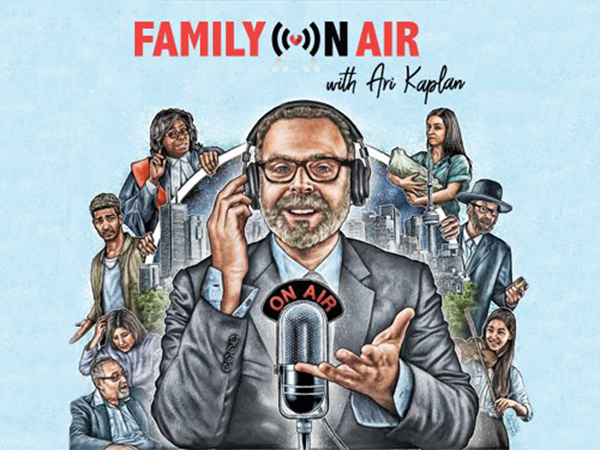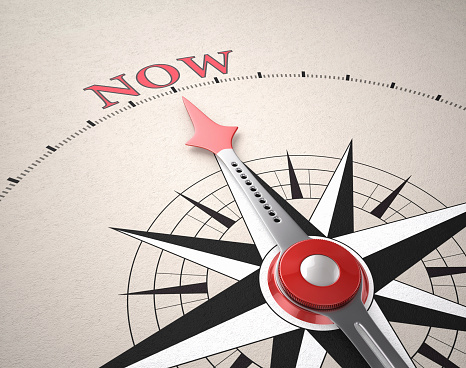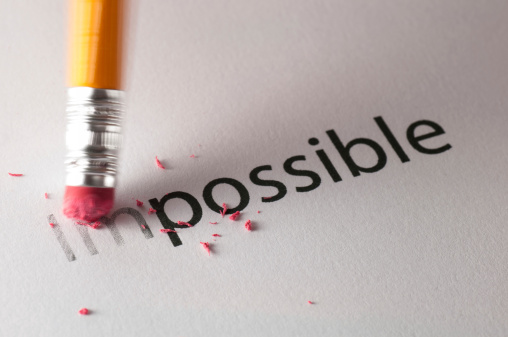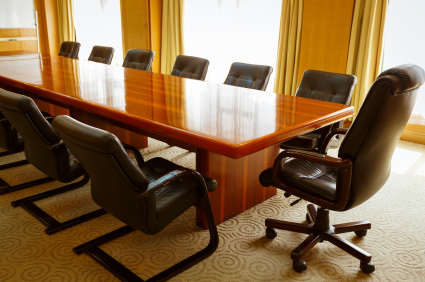
What is Mediation?
Mediation, simply put is “assisted negotiation”. It is a process wherein a neutral person, called a mediator, assists two or more disputing parties in discussing their situation, isolating the real issues at the heart of the case (interests), evaluating the options available, in an effort to come to a mutually agreeable solution that is better than each party’s best alternatives to a negotiated solution.
What do people use Mediation for?
Mediation can happen anytime throughout the process of resolving conflict. Often times, it occurs after lawyers have been brought in and legal speak is rattling everybody’s nerves and emotions. This doesn’t have to be the case. The benefits of mediation can be felt early in the process, to great effect, if both parties are ready. When they are not, it is no less useful after litigation has commenced. Ironing out any dispute can be made more peaceful and cost-effective when a mediator is brought in.
Examples of situations where mediation can help resolve conflicts include:
- Disputes between Employer and Employee (i.e. wrongful dismissal)
- Disputes between Employees (Unionized and non-Unionized settings)
- Internal Organizational Conflict (i.e. between different divisions or departments, or conflict within a team)
- Business to Business Disputes
- Customer to Business Disputes (i.e. dispute with your contractor)
- Insurance Claims (i.e. personal injury, or other types of insured losses)
- Real Estate Disputes
- Neighbour Disputes
- Family Disputes (i.e. divorce, conflict around settling of estates, care of elderly parents)
- Any agreement or contract that is not working!
Do I need a Mediator?
If you are feeling trapped in a conflict and do not have the time, money, or interest in “going to court” then mediation may be the best option for you.
A good mediator is a neutral third party, who will set the tone of the discussions and establish the ground rules. As a skilled communicator, a mediator will diffuse tense situations by reframing and redirecting all parties to productive and open dialogue. Mediators do not solve the problem, but rather give each party the communication tools and safe place to get to the essence of a dispute and think creatively about how to move forward.
In order to have a successful mediation, all parties must be willing to participate. If the other parties in your dispute will not voluntarily engage in the mediation process then Conflict Coaching may be a better alternative for you.
For more information on Mediation services and how they can benefit you, please contact John Curtis.












